Is the Sony hack one big PR stunt?
The short answer: no.It wouldn't make sense for Sony to fake the hack itself, given that it's the most costly corporate data breach in history. Not only did the hack leak sensitive corporate information, marketing plans, executive emails, and other things that hurt the company's bottom line and impact it's corporate strategy, it compromised the safety of thousands of its employees whose social security numbers were compromised. All in all, Sony stands to lose many many many millions of dollars.But maybe Sony is making the most out of a bad thing with a well-executed publicity stunt that raises the profile of The Interview as well as its video streaming service, Crackle. Even if it's not a PR stunt, it certainly points to some concrete PR principles. Either way, it's incredibly successful.Here's how it might have played out:On November 24, 2014, personally identifiable information about Sony Pictures Entertainment employees and their dependants, e-mails between employees, information about executive salaries at the company, copies of unreleased Sony films, and other information were obtained and released by a hacker group going under the moniker "Guardians of Peace".Sony executives, knowing that The Interview was never going to be a blockbuster movie—practically destined to fail at the box office—and that the North Korean government is an incredibly easy target to exploit (in an incredible life-imitates-art sort of way, given the subject matter of "The Interview") comes up with a plan to link the hack to North Korea, with the previously-unknown Seth Rogan movie as the motivation.The evil North Korean hackers (or, in this conspiracy theory, Sony posing as hackers) issue a threat:
"We will clearly show it to you at the very time and places The Interview be shown, including the premiere, how bitter fate those who seek fun in terror should be doomed to. Soon all the world will see what an awful movie Sony Pictures Entertainment has made. The world will be full of fear. Remember the 11th of September 2001. We recommend you to keep yourself distant from the places at that time. (If your house is nearby, you’d better leave.) Whatever comes in the coming days is called by the greed of Sony Pictures Entertainment. All the world will denounce the SONY."
What happens next is like something out of a...sigh...Seth Rogan satirical comedy.
Suddenly, "The Interview" is somehow important. That alone is an unbelievable PR feat.
Theaters nationwide decide to drop the movie (out of safety concerns? Under pressure from Sony? We may never know). Then Sony pulls the movie. Now "The Interview" is really important.
This Seth Rogan satirical comedy becomes so buzzworthy that it's a focal point of President Obama's final press conference before 2015. Obama says that Sony Entertainment's CEO, Michael Lynton, "made a mistake" in pulling the film and added that, "We cannot have a society in which some dictator someplace can start imposing censorship here in the United States, any more than Boston didn’t run its marathon this year because of the possibility that somebody might try to cause harm.” In response, Lynton says that everyone misunderstood events; that the decision to cancel the wide release was in response to a majority of theaters pulling their showings and not to the hackers' threats. Lynton stated that they will seek other options to distribute the film in the future, and noted "We have not given in. And we have not backed down. We have always had every desire to have the American public see this movie."
Demand, ahead of release, skyrockets.And now it's somehow personal: America versus terrorism/censorship/the American way of life! Not going to see The Interview makes you a communist or terrorist or both.
Out of nowhere, Crackle, Sony's largely unnoticed video streaming service, becomes front-and-center as a distribution platform. Sony announces that it will release the movie on the service for free. Talk about a user acquisition strategy.
Meanwhile, the U.S. intelligence community says that the cyber-attack was sponsored by the North Korean government. North Korea denies all responsibility. The identities of the hackers are unknown, and it's unclear whether they had assistance by individuals inside Sony who provided access or information about the company's computer systems. The press as well as cybersecurity analysts and experts have expressed concern about whether North Korea is behind the attack at all. So...there's that.As if by divine intervention, theaters unexpectedly announce—days before its planned release—that indeed, they will show the movie. Perhaps as a middle finger to North Korea...perhaps because Sony demanded that they do so.
“We have never given up on releasing The Interview, and we’re excited our movie will be in a number of theaters Christmas Day. At the same time we are continuing our efforts to secure more platforms and more theaters so that this movie reaches the largest possible audience. I want to thank our talent on The Interview and our employees, who have worked tirelessly through the many challenges we have all faced over the last month. While we hope this is only the first step of the film’s release we are proud to make it available to the public and stood up to those who attempted to suppress free speech.” — Michael Lynton, CEO, Sony Entertainment
So there you have it. Sony gets hacked; they fabricate a threat, which turns into an international incident the stakes of which are nuclear war between the U.S. and North Korea; they create insane demand for a (most likely) shitty movie; and cash in when it's released.If it happened like this—and let's hope that it did not—it's terrible. But brilliantly effective.So go ahead, join Seth Rogan in celebrating. Because while the rest of the world considers the possibility of nuclear fallout, for him, this has been nothing but gravy.
The people have spoken! Freedom has prevailed! Sony didn't give up! The Interview will be shown at theaters willing to play it on Xmas day!
— Seth Rogen (@Sethrogen) December 23, 2014
